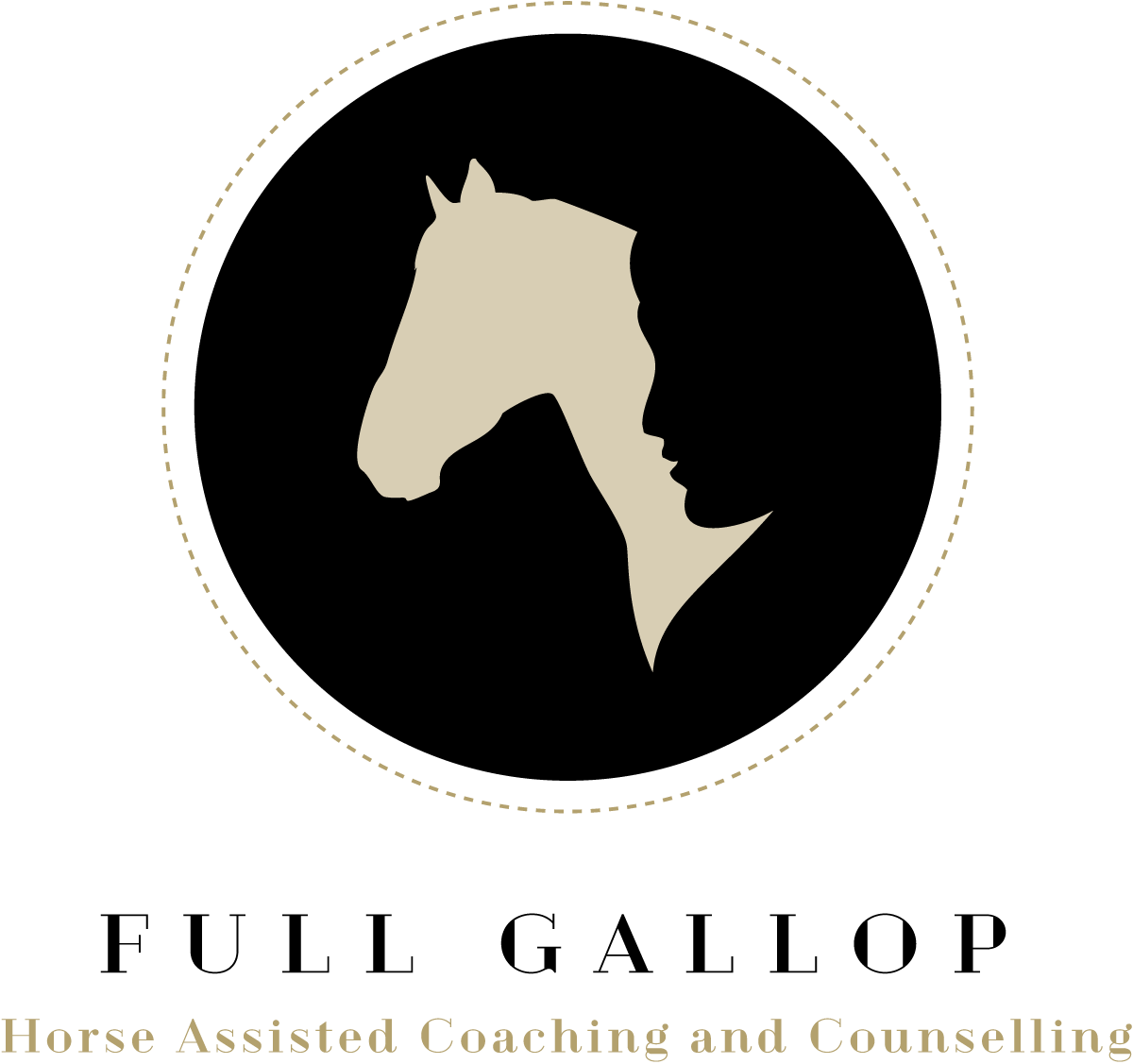Kids in foster care helped by horse therapy
Horses could help foster care youth overcome challenges thanks to a new FIU program.
Researchers at FIU-BRIDGE and the Family Therapy Program at Nova Southeastern University (NSU) have partnered with Stable Place, a non-profit organization, to provide Equine Facilitated Psychotherapy as an additional form of treatment for children in the SOS Children’s Villages-Florida. The non-profit residential group home provides a family-like setting fostering children with a history of abuse, neglect or abandonment.
Led by FIU psychologist Michelle Hospital and supported by funding from the Ware Foundation, the project is developing effective Equine Facilitated Psychotherapy interventions to increase self-confidence, improve interpersonal relations and reduce anxiety and depressive symptoms among foster youth ages 10 to 17.
“There is accumulating research underscoring the untapped potential of Equine Facilitated Psychotherapy for improving the health, happiness and well-being of foster care youth,” Hospital said. “Our study is among the first scientifically rigorous clinical trials of Equine Facilitated Psychotherapy participation and will be especially valuable for identifying its benefits among residential foster care youth.”
The opportunity to allow these youths to work with horses may be nothing short of transformative because, as Hospital points out, foster youth need access to more innovative techniques than what conventional in-office talk therapy can offer.
Therapists will collaborate with certified equine specialists supervised by Stable Place Director Valerie Bruce Judd to deliver the clinical services. The weekly group therapy sessions will be structured around an activity intentionally designed to address specific clinical issues including creating and maintaining personal boundaries, overcoming fears, conflict resolution, anger management, developing trust and maintaining safety. The sessions will include such activities as observing the horses, haltering and leading, grooming, leading a horse through an obstacle course and creating a safe space for the horse.
The field of Equine Facilitated Psychotherapy has gained increasing visibility and support in the past 15 years and has been used with individuals experiencing substance abuse, eating disorders, family and marital conflict, sexual abuse, depression, problems in school and other challenges. The particular approach utilized in this study was developed by Shelley Green, professor of Family Therapy at NSU, and is used to teach and train all Stable Place therapists through graduate level coursework.
“Through this unique partnership with the FIU-BRIDGE program, we will now be able to expand these services to foster care youth,” Green said. “We will be able to incorporate a state-of-the-science research protocol, allowing us to document the effectiveness of this powerful clinical work in helping at-risk youth and children deal effectively with ongoing life challenges.”
Research shows children in foster care are more likely to have experienced abuse and have a greater prevalence of conduct disorder, developmental delays and neurological impairments. The goal of using the horses and the natural setting of Equine Facilitated Psychotherapy is to reduce the participants’ anxiety, attention deficits, social stress and depression as well as enhance their coping skills and self-confidence while improving their interpersonal relations.
FIU-BRIDGE is a multidisciplinary research group devoted to the design, implementation and evaluation of community-based prevention and brief intervention strategies for reducing risk behavior problems and promoting health and well-being among youth. This Equine Facilitated Psychotherapy project is another way FIU-BRIDGE is hoping to help South Florida children.
